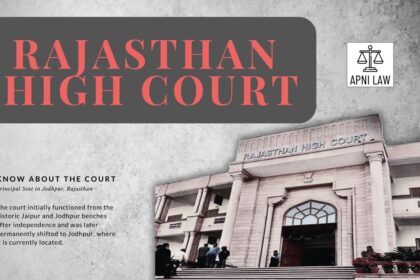Code
Where in any case the Court could have dealt with,—
(a) an accused person under section 360 or under the provisions of the Probation of Offenders Act, 1958 (20 of 1958); or
(b) a youthful offender under the Children Act, 1960 (60 of 1960) or any other law for the time being in force for the treatment, training or rehabilitation of youthful offenders,
but has not done so, it shall record in its judgment the special reasons for not having done so.
Explanation
This section outlines the essential requirements for the lawful detention of an individual. It emphasizes:
- Notification of Arrest Grounds: The arrested person must be informed of the reasons for their arrest.
- Right to Bail Information: The arrested person must be informed about their right to bail.
- Right to Communication: The arrested person must be allowed to contact their lawyer or any other person.
Illustration
Imagine a person is arrested for theft. The police officer must inform them of the alleged theft and their right to seek bail. The officer must also allow the person to contact their lawyer or family members.
Common Questions and Answers
Q. What if the officer doesn’t inform the arrested person about their rights?
A. This could be considered a violation of their legal rights, and the arrest may be deemed unlawful.
Q. Can the officer deny the arrested person the right to contact their lawyer?
A. No, unless there are specific security concerns.
Q. How long can a person be detained without being produced before a magistrate?
A. According to Section 56 CrPC, a person can be detained for a maximum of 24 hours, excluding the time taken for transit, before being produced before a magistrate.





